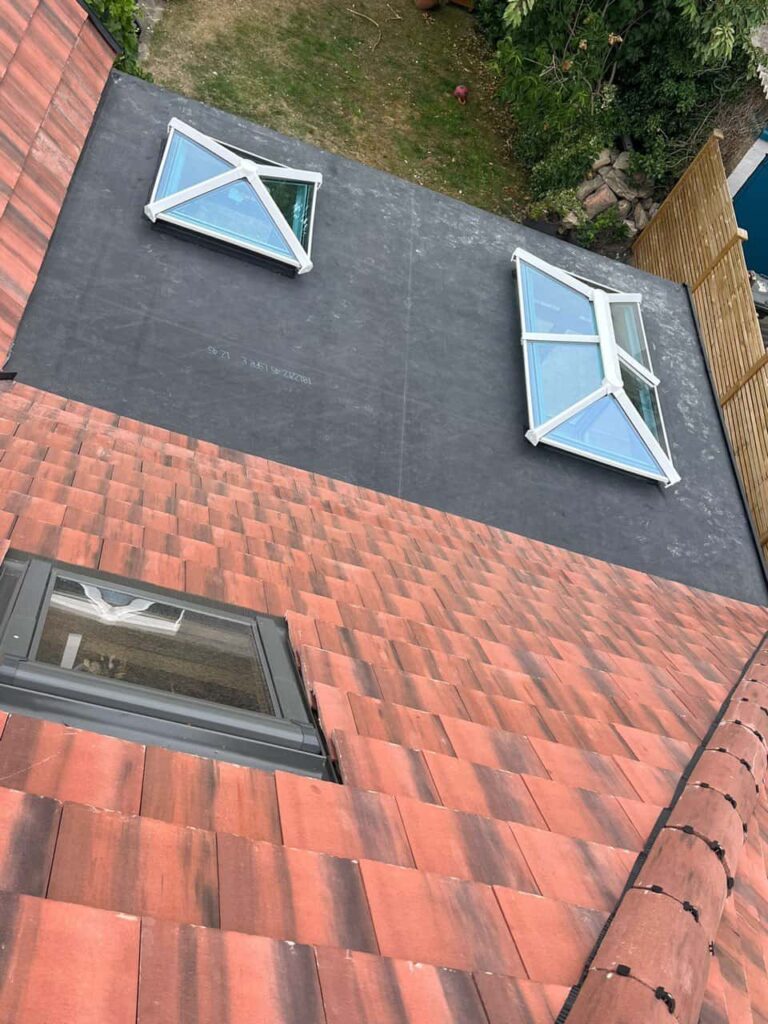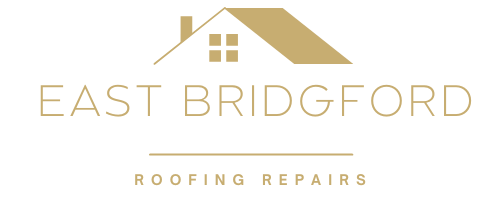The Power of Prevention: Catching Problems Before They Escalate
It’s easy to forget about the roof when everything inside the home feels dry and warm. However, what you can’t see from the ground can cost you dearly if ignored for too long. A roof isn’t just tiles and timber — it’s your home’s first line of defence against water damage, structural decay, and energy loss.
At East Bridgford Roofing Repairs, we’ve seen how a simple, well-timed roof inspection can make the difference between a minor adjustment and a major repair bill. Across East Bridgford and Nottingham, homeowners are saving thousands by spotting issues early and addressing them properly. The key is knowing when to look — and what to look for.
Why Regular Inspections Matter
Most roofs are built to last, but they’re not indestructible. Over time, exposure to weather, seasonal changes, and general wear and tear can cause problems that aren’t immediately visible. A regular roof inspection helps catch these issues before they lead to costly repairs or full replacements.
Top reasons to schedule an inspection:
- Identify loose or missing tiles before leaks develop
- Spot early signs of moisture or timber decay
- Detect sagging or shifting in the roof structure
- Assess the condition of flashing, mortar, and fixings
- Prevent insulation damage and energy inefficiency
Even something as simple as a cracked tile or blocked valley can, if left unchecked, lead to water penetration, mould growth, and structural rot.
Hidden Issues That Add Up
The trouble with roof damage is that it often starts small — and invisible. By the time you see damp patches or dripping ceilings, the real damage may already be done. Water that finds its way into the loft can go unnoticed for months, quietly soaking into rafters, insulation, and plasterwork.
Common hidden problems found during inspections:
- Damp insulation reducing energy efficiency
- Rotting timbers weakening roof support
- Mould and mildew growth from trapped moisture
- Animal nests blocking vents or damaging underlay
- Rusting nails and fixings loosening tiles
These issues aren’t always obvious from the outside, which is why a trained eye can make all the difference.
Weather Damage You Might Not Notice
Living in the UK, roofs are constantly tested by shifting weather. High winds can loosen tiles. Heavy rain can stress flashing. Snow and ice can freeze and crack ridge lines. Over time, this weathering weakens the entire roof system, especially at vulnerable joints and edges.
Seasonal hazards to watch for:
- Wind-lifted ridge tiles and corners
- Debris collecting in valleys and gutters
- UV degradation of materials over time
- Ice damming in winter months
- Tree branches abrading or damaging surfaces
In areas like East Bridgford, where storms and frost are not uncommon, routine inspections help safeguard your roof through the seasons.
Inspections Are Cost-Effective, Not a Luxury
Some homeowners delay inspections because they assume it’s a needless expense — but this thinking can be costly. A professional roof inspection takes very little time, yet it can uncover small issues before they spiral into full-blown repairs.
How inspections save money:
- Avoid emergency call-outs for sudden leaks
- Prolong the life of your existing roof
- Reduce heating bills by spotting insulation issues
- Prevent internal damage to ceilings, walls, and electrics
- Plan ahead with realistic repair or upgrade timelines
Compared to the cost of new roofing or water-damaged interiors, an inspection is a very small investment with a big return.
Ideal Times to Get Your Roof Checked
While there’s never a bad time to inspect a roof, some moments are more strategic than others. Whether you’ve just moved in or you’re preparing for winter, scheduling an inspection at the right time can save you future headaches.
Best times to inspect:
- After strong storms or high winds
- Before and after winter
- Prior to selling or buying a property
- When water stains appear indoors
- If your roof is 10+ years old without recent checks
At East Bridgford Roofing Repairs, we recommend a professional roof check at least once every two years, and more frequently for older properties or those in exposed locations.
What to Expect From a Professional Inspection
A proper inspection involves more than a glance from the ground. A qualified roofer will examine the surface and structure, check for internal signs of water ingress, and assess all major components — from ridge tiles to guttering.
A thorough inspection typically includes:
- Checking for cracked, slipped, or broken tiles
- Examining flashing around chimneys and vents
- Inspecting fascias, soffits, and gutter conditions
- Looking inside lofts for damp or decay
- Identifying wear in roof coverings and mortar joints
Afterwards, you’ll get a clear understanding of your roof’s condition and any recommended next steps — whether that’s immediate repairs or simply peace of mind.
Conclusion
Your roof may be out of sight, but it should never be out of mind. Regular inspections are one of the most cost-effective ways to protect your home, your comfort, and your wallet. By identifying problems early, you can avoid major repair bills, preserve your roof’s lifespan, and enjoy greater peace of mind throughout the year.
At East Bridgford Roofing Repairs, we’re committed to helping homeowners across East Bridgford and Nottingham protect their properties with reliable, expert roofing care. Whether your roof is old, new, or simply due for a check-up, our team is here to provide trusted advice and dependable solutions. Contact us today to schedule your inspection and take the first step towards lasting roof protection.
Call us on: 0115 647 1193
Click here to find out more about East Bridgford Roofing Repairs
Click here to complete our contact form and see how we can help with your roofing needs.

